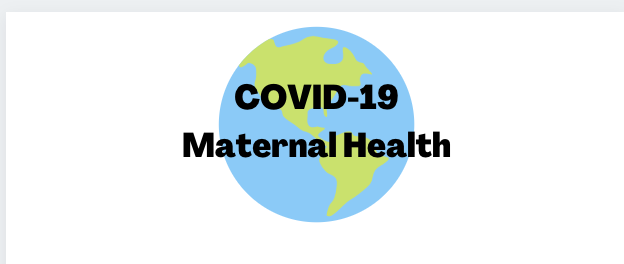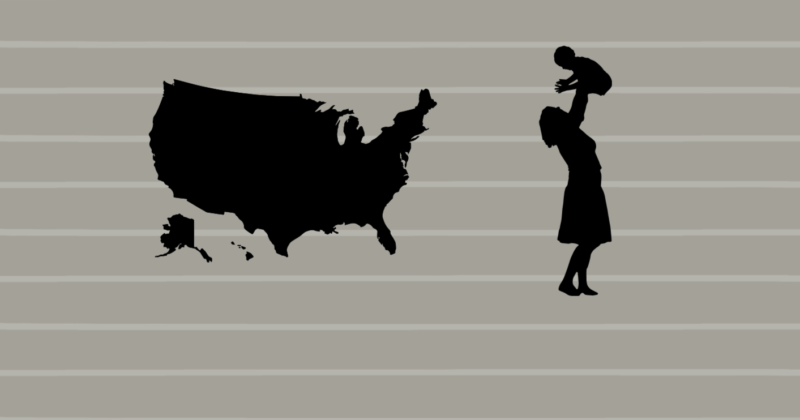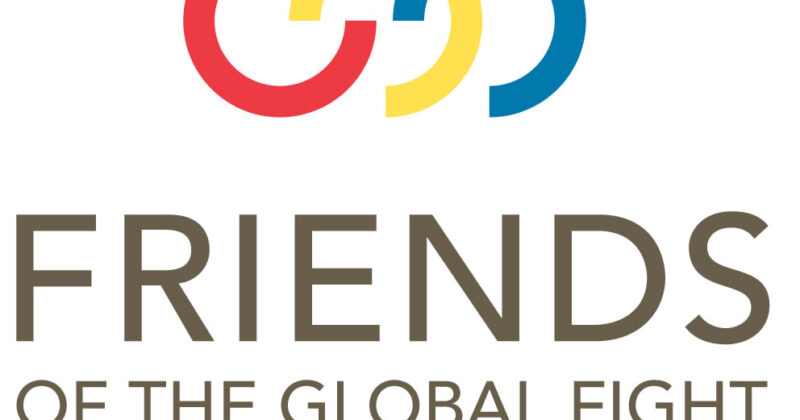
Summarizing the panel: “Facing Hard Numbers and Hard Conversations: The Impact of Race and Socioeconomic Status in Women’s Health and Gynecology”
Last week, we heard from three amazing speakers Nikki Mahendru, Dr. Chemtai Mungo, and Dr. Megan Huchko about the impact of race and socioeconomic status in women’s health and gynecology in an event held by Duke University’s Center for Global Women’s Health Technologies. As an undergraduate student, Nikki spoke about the perspective she gained on this topic from shadowing an OB/GYN as well as her own mother’s experiences. She provided great insight to the importance of an OB/GYN’s office as the birthplace of a woman hating or loving her body. Dr. Huchko detailed her experiences in Niger working on a surgical team to repair fistulas. Despite their great work, one woman suffered an unnecessary surgery due to the biased views of the doctors; today, this experience motivates Dr. Huchko to recognize and fight against implicit biases that may impede optimal care for a patient. On the other hand, Dr. Huchko noted the recent positive shifts away from racism with more of an emphasis on centering the patient in care. Next, Dr. Mungo...








